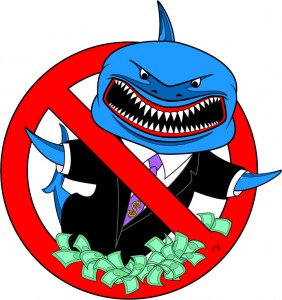Photography is not a crime. We need to keep reminding the police
Police have again determined that it is illegal to record them making arrests even when you are not up close or in any way interfering. From such an event in Boston, things have spiraled way out of control, as described to me by STL photographer Ed Crim, who read of this travesty and has issued this invitation to protest:
"Carlos Miller, of Miami, Florida, has been charged with witness intimidation by the Boston Massachusetts Police Department because he urged readers of his web site, Photography Is Not A Crime (PINAC) to call the Public Relations Officer of the Boston PD and protest the arrest of a videographer whose only offense was recording a public arrest. If you believe, as I do, that a Public Relations Officer should be willing to talk to the public about police policy, take a look at the petition and help protect our rights as photographers."

